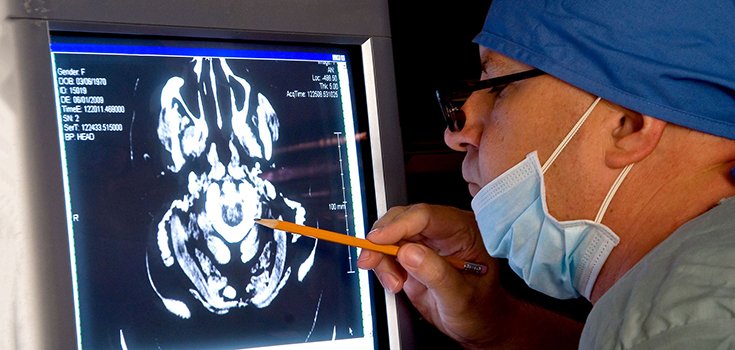New Study Suggests Alzheimer’s May Be in the Brain as Young as Preschool

A gene which may be related to Alzheimer’s disease can show itself as early as preschool, according to a new study published in the journal Neurology.
Up until now, scientists have been focusing on the proteins that build up in the brain as a way to try and treat Alzheimer’s, yet thus far, developing drugs for this has not been very promising. As such, researchers are pointing to a new theory which states that Alzheimer’s is actually a developmental disorder that may begin as early as childhood, progressing as the person ages.
Researchers have found that children with the e4 variant often develop more slowly in the brain in certain areas, which are the same ones that wither away with Alzheimer’s disease. Some children under the age of 8 with this variant also performed worse on memory tests, though they seemed to even out as the child reached their 8th year.
The study involved 1187 children and young adults from ages 3 to 20, where researchers were able to access brain imaging and cognitive data tests. The children were also tested for certain variants of the gene apolipoprotein E, or the APOE gene. Each person has two copies of this gene, one from each parent.
Children who had the e4 variant, as mentioned above, were also known to have a smaller hippocampus than the children who did not have the e4 variant. This is the region of the brain that affects memory formation.
Read: Alzheimer’s may Soon be Detected with Eye Exam
Although the University of Hawaii research is fascinating, for now it has no direct applications or implications. Further studies will be needed to confirm this theory, including following young people throughout several stages of their lives. This study only tested the younger participants once, which does not provide a wealth of information concerning whether or not Alzheimer’s is a developmental disorder at such early ages.
Logistically, it is also difficult to know who to study, as scientists admit that they aren’t very good at predicting who might have Alzheimer’s and who may be carrying the gene. However, it is a step in a much longer process that could help prevent Alzheimer’s in the future.
Sources:
